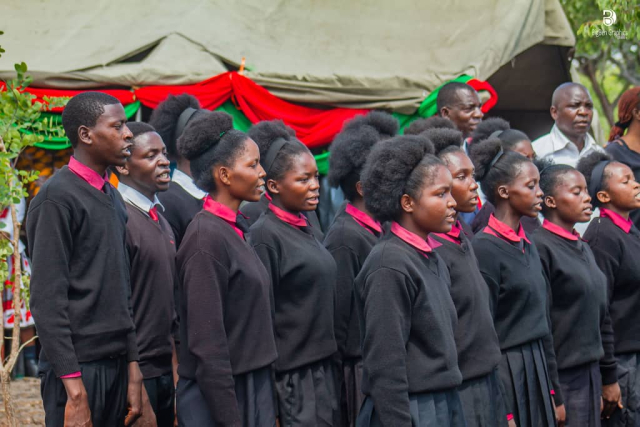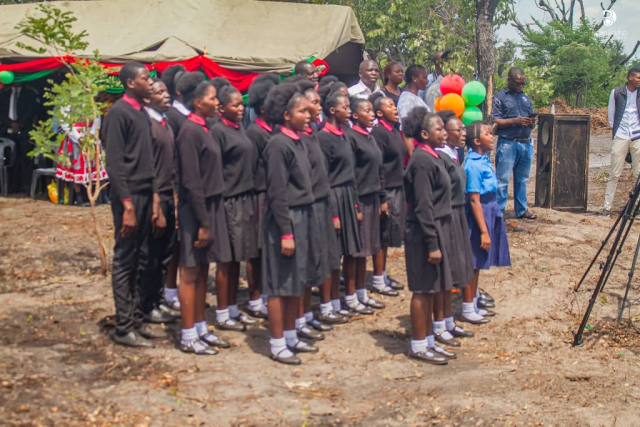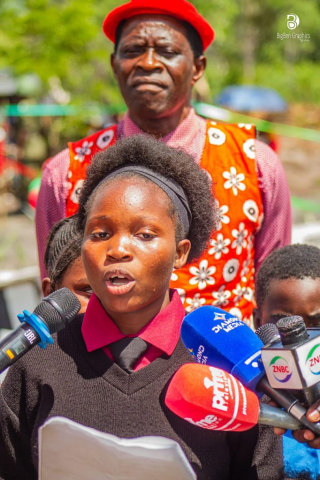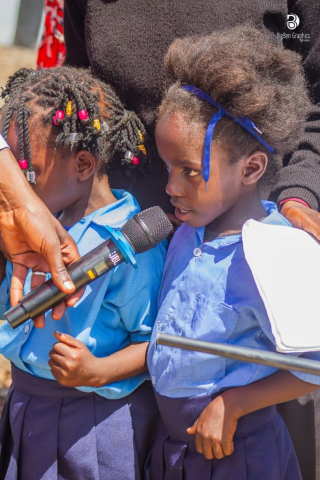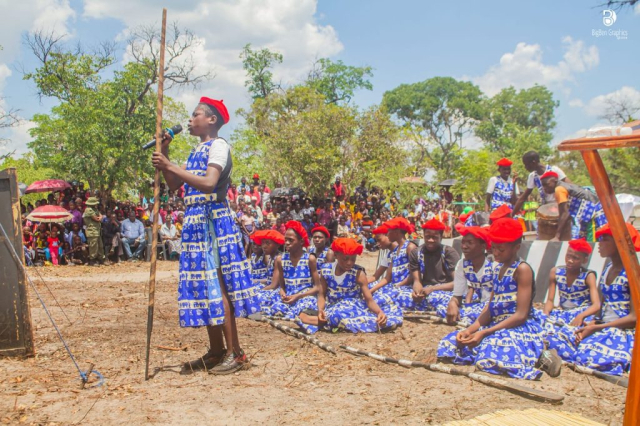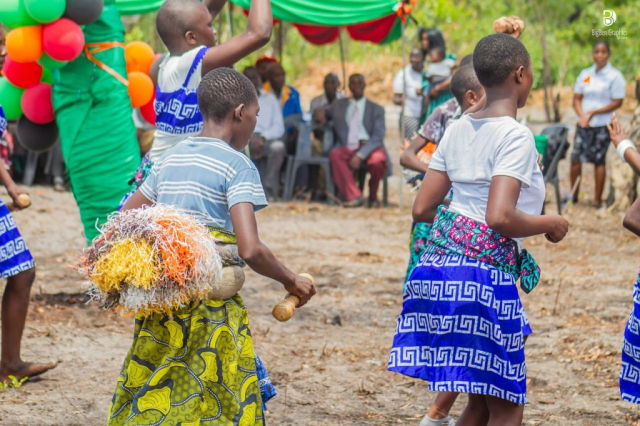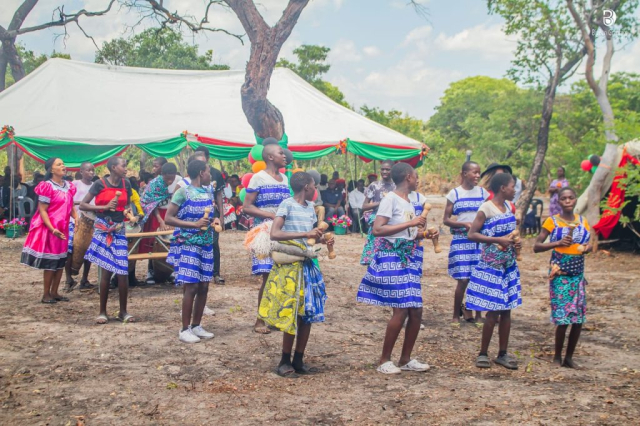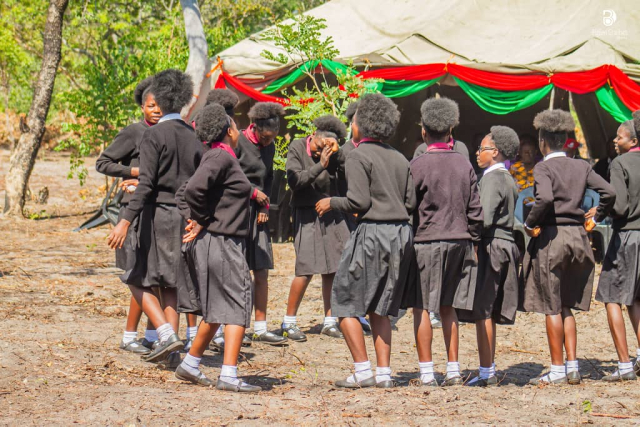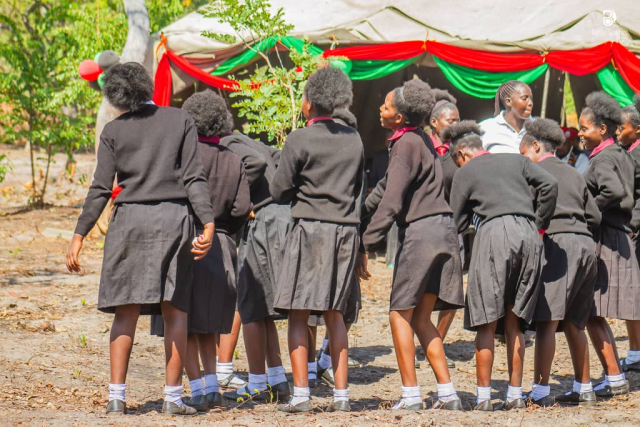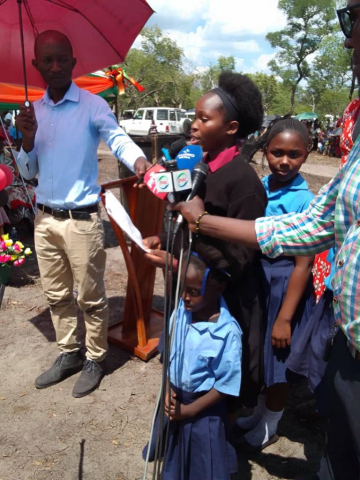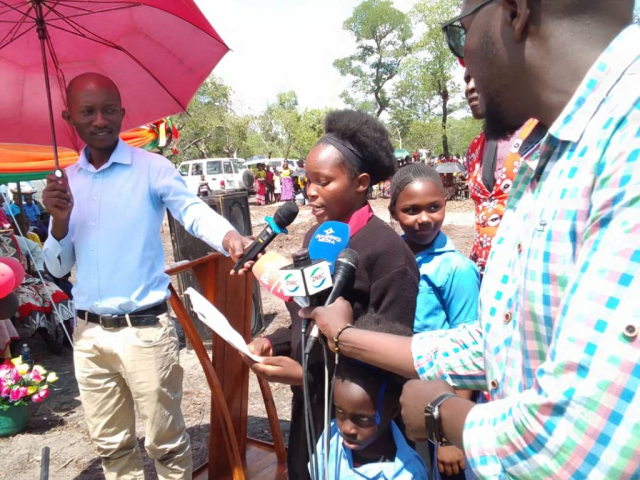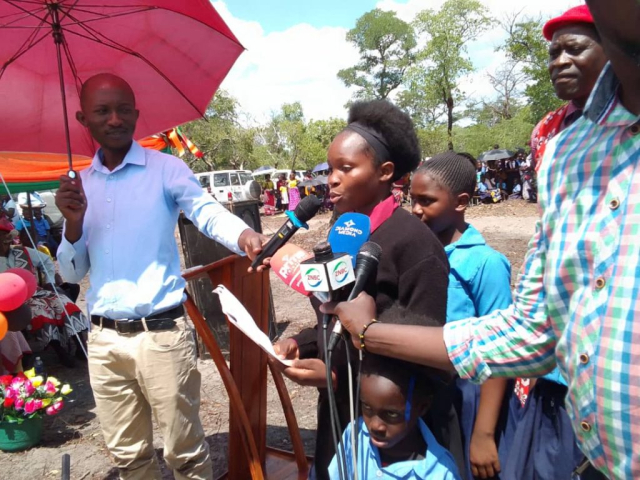Zambia Enhancing Early Learning (ZEEL)
Improving Equitable Access to Quality Learning Conditions.
Supporting critical early years human capital development investments.
About ZEEL
The Zambia Enhancing Early Learning (ZEEL) Project, financed through a US$39.01 million grant from the Global Partnership for Education (GPE) Fund. The ZEEL Project represents the first large scale investment in early childhood education in Zambia and supports critical early years human capital development investments. The World Bank is the Grant Agent (Fund Manager) under the agreement.
ZEEL aims to improve equitable access to quality learning conditions in early childhood education in targeted areas. The project is implemented across the 45 most disadvantaged and underserved districts in Zambia, with a goal of building nationwide capacity for planning, delivering, and monitoring the quality of early childhood education (ECE). The Ministry of Education (MoEdu) is responsible for the overall implementation of the project.
About ZEEL
The Zambia Enhancing Early Learning (ZEEL) Project, financed through a US$39.01 million grant from the Global Partnership for Education (GPE) Fund. The ZEEL Project represents the first large scale investment in early childhood education in Zambia and supports critical early years human capital development investments. The World Bank is the Grant Agent (Fund Manager) under the agreement.
ZEEL aims to improve equitable access to quality learning conditions in early childhood education in targeted areas. The project is implemented across the 45 most disadvantaged and underserved districts in Zambia, with a goal of building nationwide capacity for planning, delivering, and monitoring the quality of early childhood education (ECE). The Ministry of Education (MoEdu) is responsible for the overall implementation of the project.
ZEEL has the following PDO-level indicators:
Percentage increase in enrollment of 3- to 6-year-old children in public ECE centers in targeted areas (cumulative percentage).
Share of girls in the total of 3- to 6-year-old children enrolled in public ECE centers in targeted areas (percentage).
Proportion of ECE centers in targeted areas meeting quality ECE learning conditions (percentage).
The project has the following components:
Improve equitable access to quality ECE in targeted areas (US$19.01 million): This component aims to improve access to ECE for students ages 3-6 years by addressing supply-side challenges and enhancing the quality of learning environments in ECE centers.
Develop and implement ECE quality standards (US$3.0 million): this component aims to support the update, development, and implementation of ECE quality standards. These standards relate to various aspects such as materials, facilities, and workforce training, deployment, and assessment.
Enhance delivery of quality early learning and care (US$11.0 million): this component is focused on providing sustainable conditions for the staffing of ECE hub and satellite centers. It also seeks to promote involvement of the local community and parents to support quality care and nutrition for improved child development and address challenges related to demand-side access to ECE.
System strengthening, project management, monitoring and evaluation, and communication (US$6.0 million): supports overall system strengthening, particularly in terms of governance and accountability, project management and implementation.
ZEEL is an Investment Project Financing project, with two Performance-based Conditions (PBCs); Components 2 and 3. The implementation of these component activities are expected to have a significant impact on the expansion of quality ECE services by establishing national standards and programs with short- and long-term benefits in the project’s target areas and nationally.
In line with GPE requirements, at least 30 percent of the GPE country allocation is tied to three variable part indicators intended to achieve system-wide transformative impacts in the areas of equity, learning outcomes, and efficiency. These variable part indicators are based on results-based financing, and include three Performance Based Conditions (PBCs) to encourage expansion of the ECE sector, aiming for stretch targets that would not be reached otherwise:
Equity. Percentage increase in enrollment of 3- to 6-year-old children in public ECE centers in targeted areas.
Efficiency. Percentage of public ECE centers in targeted areas meeting minimum staffing standards.
Learning outcomes. Proportion of ECE teaching staff using students’ individualized learning plans.
ZEEL is constructing a 110 Early Childhood Education (ECE) Hubs in selected 45 districts in all the provinces using a scientific method whose criteria is;
Most disadvantaged area with highest poverty levels;
Areas with low enrollment rate at ECE level;
Highly populated areas; in,
Zonal Schools; and on,
Government or traditional land.
Each of the 110 ten Hubs will each have minimum 3 Satellite Centres attached to it, thus brining the total number of the Early Childhood Education (ECE) infrastructure to minimum 440 altogether.
ZEEL is headed by the Deputy Project Coordinator (DPC) who in turn reports to the Programme Coordinator for the Zambia Education Programme Coordination Unit (ZEPCU). The programme Coordinator has a reporting line to the Director of Early Childhood Education (DoECE) in the Ministry of Education (MoEdu).
ZEEL
ZEEL SUMMARY
Improving the quality of teaching and learning conditions in targeted primary and secondary schools and to increase access to secondary education focusing on girls.
Increasing access to safe secondary schools
Improving accessibility to secure secondary education is paramount
Strengthening institutional capacity
For education service delivery and project management
Enhancing institutional capacity
For implementation of safe school program
Each of the 110 ten Hubs will each have a minimum 3 Satellite Centres attached to it, thus bringing the total number of the Early Childhood Education (ECE) infrastructure to a minimum 440 altogether.
ZEEL PDO-Level Indicators
These indicators help us to determine the progress being made.
Enrollment
Percentage increase in enrollment of 3- to 6-year-old children in public ECE centers in targeted areas (cumulative percentage).
Girls
Share of girls in the total of 3- to 6-year-old children enrolled in public ECE centers in targeted areas (percentage).
ECE Centers
Proportion of ECE centers in targeted areas meeting quality ECE learning conditions (percentage).
ZEEL Components
The strategic components.
Improve equitable access to quality ECE in targeted areas (US$19.01 million):
This component aims to improve access to ECE for students ages 3-6 years by addressing supply-side challenges and enhancing the quality of learning environments in ECE centers.
Develop and implement ECE quality standards (US$3.0 million)
This component aims to support the update, development, and implementation of ECE quality standards. These standards relate to various aspects such as materials, facilities, and workforce training, deployment, and assessment.
Enhance delivery of quality early learning and care (US$11.0 million)
This component is focused on providing sustainable conditions for the staffing of ECE hub and satellite centers. It also seeks to promote involvement of the local community and parents to support quality care and nutrition for improved child development and address challenges related to demand-side access to ECE.
System strengthening, project management, monitoring and evaluation, and communication (US$6.0 million)
Supports overall system strengthening, particularly in terms of governance and accountability, project management and implementation.
ZEEL is an Investment Project Financing project, with two Performance-based Conditions (PBCs); Components 2 and 3. The implementation of these component activities are expected to have a significant impact on the expansion of quality ECE services by establishing national standards and programs with short- and long-term benefits in the project’s target areas and nationally.
In line with GPE requirements, at least 30 percent of the GPE country allocation is tied to three variable part indicators intended to achieve system-wide transformative impacts in the areas of equity, learning outcomes, and efficiency. These variable part indicators are based on results-based financing, and include three Performance Based Conditions (PBCs) to encourage expansion of the ECE sector, aiming for stretch targets that would not be reached otherwise:
ZEEL Administration Structure
ZEEL is headed by the Deputy Project Coordinator (DPC) who in turn reports to the Programme Coordinator for the Zambia Education Programme Coordination Unit (ZEPCU). The programme Coordinator has a reporting line to the Director of Early Childhood Education (DoECE) in the Ministry of Education (MoEdu).
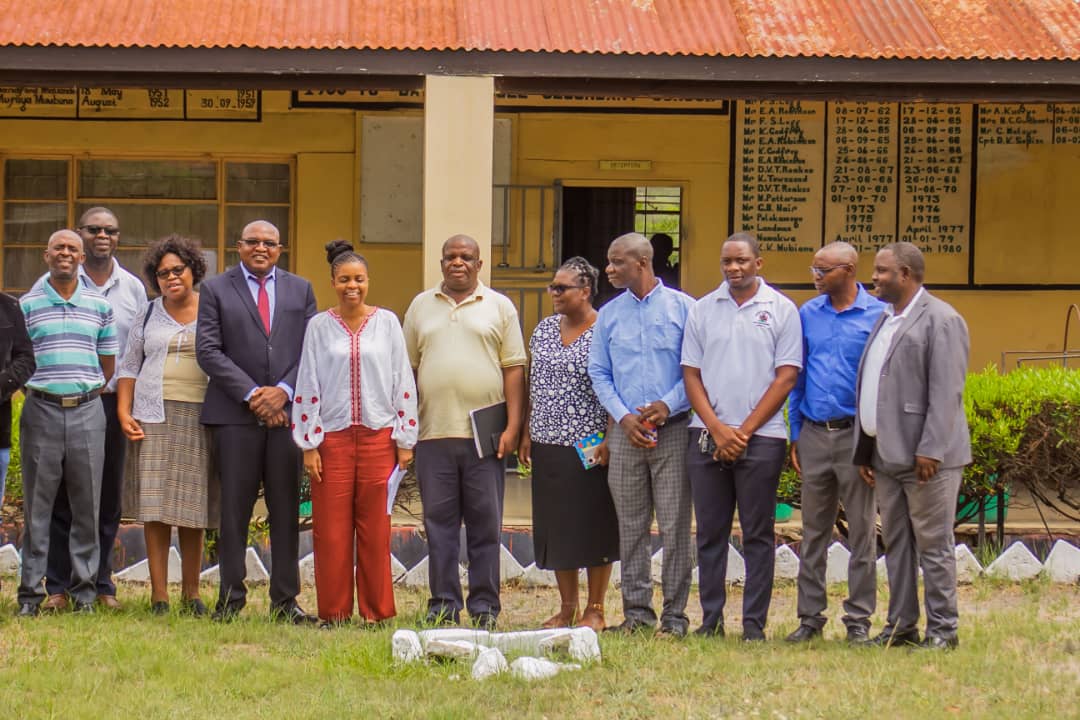
ZEEL is coordinated by ZEPCU
The Zambia Education Programme Coordination Unit (ZEPCU), is World Bank supported project by the Zambia Government to:


